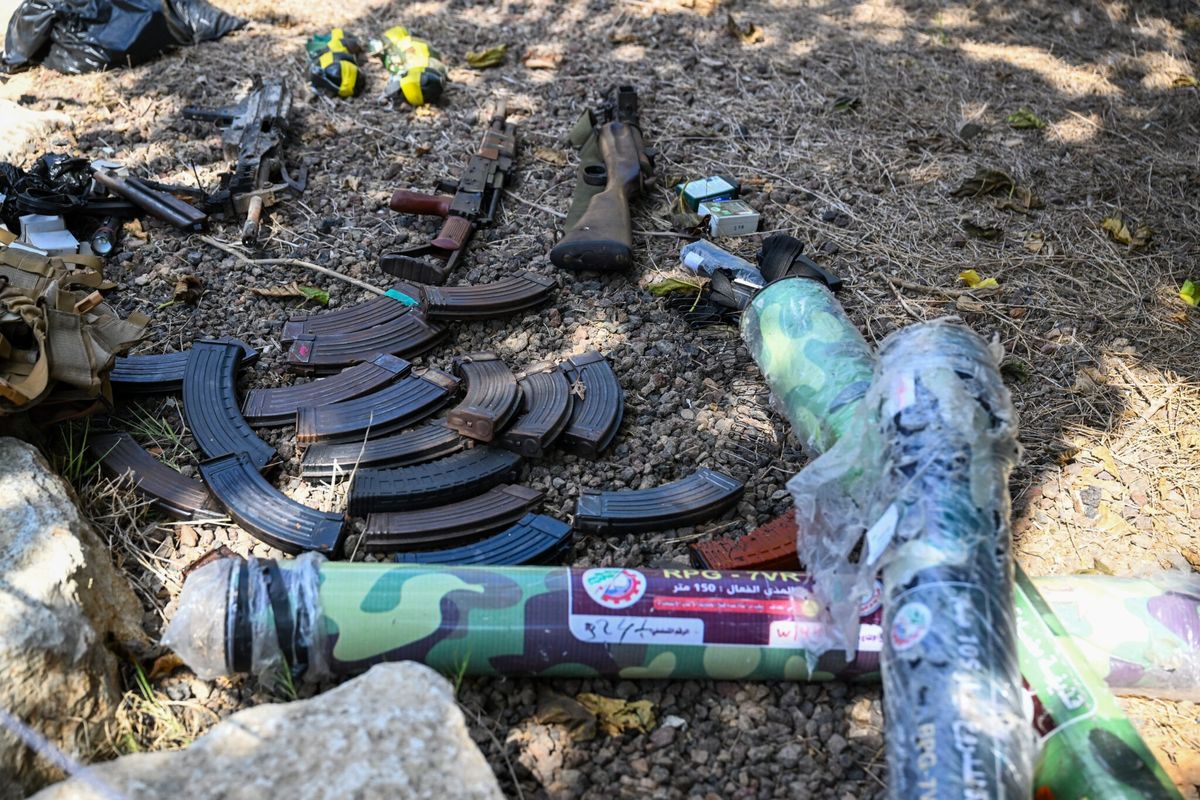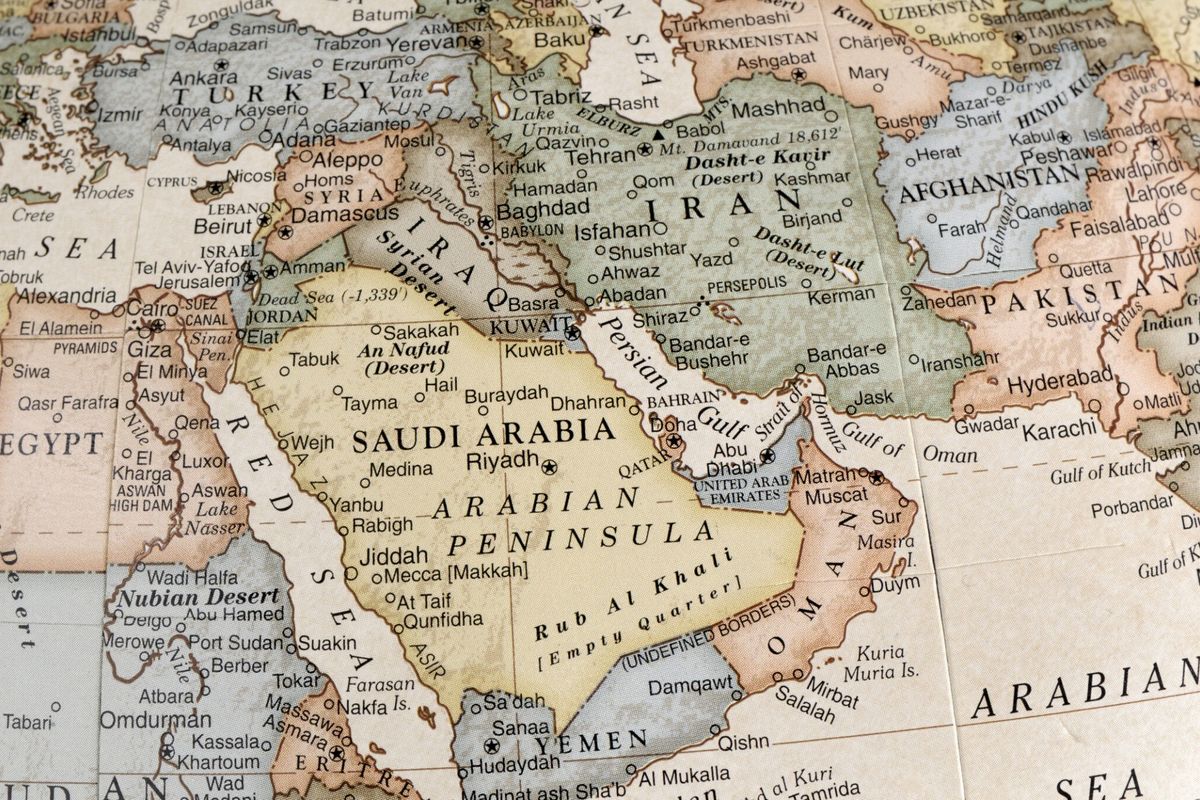The “Arab Spring” of 2011-12 has profoundly changed the Middle East, but much is misunderstood about its effects. First, it did not produce, other than in Tunisia, lasting liberalization and more democracy in the states of the region. Second, the Arab Spring was not just “Arab,” but it also had an Iranian element in the popular reaction to the rigged 2009 elections, as well as a Turkish element in the Gazi Square protests in 2013. Furthermore, the Arab Spring did not all take place in 2011-12 but over a longer period. Finally, ‘aftershocks,’ such as popular protests this year in Iraq, continue to be seen, and a definitive assessment of the phenomenon and its impact will have to await more time.
But what we can say, as one analyst put it recently, is that the Arab Spring replaced ‘deep states’ with weak states. By deep states one means those semi-democratic (Turkey, Iran) or non-democratic (Syria, Libya, Egypt, Bahrain, Yemen) states with engrained bureaucratic, military, intelligence, and business interests subtly dominating a supposedly constitutional system. In all but Iran, those ‘deep states’ have been decisively weakened. Libya and Yemen have collapsed, Syria is in tatters, and Egypt is politically and economically at a dead end with ever-increasing Islamist challenges including insurgents associated with al Qaeda and ISIS. The deep states survived in Iran, Bahrain and Turkey, but the election of reformist President Rohani in 2013 in Iran, and the initial defeat of President Erdogan’s party in the June 2015 Turkish parliamentary elections, demonstrate that even those two relatively homogenous states (among the few true states along with Israel in the region) have much to fear from their own populations.
But elsewhere, the primary impact of the Arab Spring has been to weaken traditional, constitutional, and “deep state” generated stability without any real replacement. This development is complemented by two others, which have turned the region into a cauldron of conflict. First is the rise of pan-regional Islamic movements such as ISIS, the far more dangerous ‘son’ of al Qaeda, and an Iranian hegemon, fueled by its sense of ‘success’ winning a nuclear accord with the international community and especially the U.S., and by its twinned Shia and Persian makeup. The second complementary phenomenon is the major retrenchment of the U.S. at a time of crisis when traditionally the U.S. would be intervening dramatically and dynamically. While the Obama Administration maintains some Middle Eastern priorities, including the nuclear deal with Iran and a largely desultory air campaign now with limited Special Forces raids against ISIS, its heart is not in the Middle East. Rather, the climate accords, a pivot to Asia, the engagement/containment of China, and domestic issues dominate the Obama White House.
The resulting cauldron of conflict is rapidly spreading. The traditional American ally states of the region do not have the strength to tackle the twin challenges of ISIS and Iran on their own, with the U.S. more-or-less AWOL, and most of our usual key partners—Egypt, Saudi Arabia, and Turkey—having to worry about domestic discord and internal conflicts (ISIS in all three, Muslim Brothers in Egypt, Shia minority in Saudi Arabia, and the PKK in Turkey). These internal conflicts of course are fueled by popular discontent inspired by the Arab Spring,
Adding to the poisonous cauldron, the collapse of Syria and the resulting emergence of ISIS has produced yet another destabilizing element. Russia is now on the scene, ostensibly to join or ‘lead’ the anti-ISIS fight, but in fact, to shore up Moscow’s ally Assad and partner with Iran to pull down the American security system in the region as much as possible. In the eyes of many in the region, President Obama is not all that interested in serious effort and sacrifice to defend that system, further imperiling it.
The current extremely dangerous and chaotic situation in the region, with every chance of growing worse, cannot be chalked up to the brave citizens throughout the Middle East who risked life and limb to march for a better future. They have been betrayed by the flaws in their own societies, the refusal of states to reform, and the forces feeding the flames (Russia, Iran, ISIS). Others relied upon for stability (the U.S. first of all, but also Europe, the UN, and the ‘international system’ writ large) have more-or-less absented themselves.
Even in a world with “near peer,” anti-status quo states Russia and China on the prowl, dealing with this cauldron of conflict will be Job One for the new American President, who will have his or her hands full with this headache.













